About Us
What is Geriatrics and Hematology & Medical Oncology?
The risk of most cancers increases with age. Aging is heterogenous and older adults with cancer have unique needs compared to younger patients. In this era of precision oncology, Geriatric Oncology allows us to ‘stage the aging’ and individualize the care to the individual patient.
Why Consider training in a combined Geriatrics and Hematology & Medical Oncology Program?
Our 4-year combined Geriatrics/Hematology/Oncology fellowship provides training in both Geriatrics and Hematology/Oncology. We have a unique history!
Through experiences in both inpatient and outpatient geriatrics and hematology/oncology across various settings, as well as performing Geriatric Assessments, fellows learn the fundamental skills to ensure they are prepared to be future leaders in this essential field.
If you passionate about the care of older adults with cancer, this program is a perfect fit for you!
The History of the Geriatrics and Hematology & Medical Oncology Program
The Geriatrics/Oncology Training Program at Boston Medical Center was created in 2001 as one of ten programs funded by an American Society of Clinical Oncology (ASCO) pilot training grant to build combined Geriatric Oncology training programs in the United States. Originally a 3-year program, we aimed to provide fellows interested in the intersection between cancer and aging 1) a clinical focus on underserved populations, 2) a comprehensive, mentored research training experience in the field of geriatric oncology and 3) leadership training including courses in teaching, evidence-based medicine, and health systems management through the BMC Geriatrics Center of Excellence. The program later became ACGME accredited as a combined 4-year program, allowing graduates to pursue board certification in Geriatrics, Hematology and Oncology by the completion of the program. For over 20 years, we have maintained our unwavering commitment to training clinical role models, researchers, and leaders necessary to address the unique needs of older adult patients living with cancer.
Where Do our Fellows Go After Training?
Training in our combined Geriatric Hematology Oncology program equips our fellows with the expertise to care for older adults with cancer using evidence-based tools. Graduates of the program have a wide variety of career opportunities. Many go on to careers in hematology or oncology at academic centers or community-based settings and incorporate the principles of geriatric oncology into their clinical practice. Others have gone onto become Geriatric faculty or Geriatric Oncology faculty at academic centers, practicing both hematology or oncology, while also seeing Geriatric Oncology Assessment Consults. In addition, many of our graduates are thought and research leaders in the Geriatric Oncology community.
Frequently Asked Questions?
What if I have not had a lot of Geriatrics Oncology exposure?
Will I be limited in job options?
What can I do after training?
Can I match and rank in BOTH programs?
Why is it worth doing a fourth year of training?
Meet our Program Directors
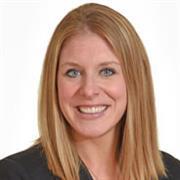
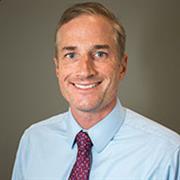
Ryan Chippendale, MD J. Mark Sloan, MD
Geriatrics Fellowship Hematology & Medical Oncology
Program Director Fellowship Program Director
Meet our Geriatric Oncology Faculty
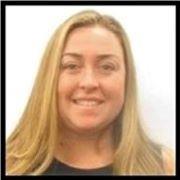
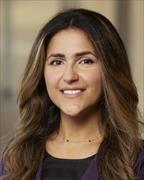
Meredith Halpin, MD Maya Abdallah, MD
Hematology & Medical Oncology
Assistant Fellowship Program Director
Meet our Fellowship Program Administrators
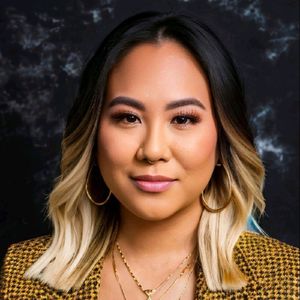
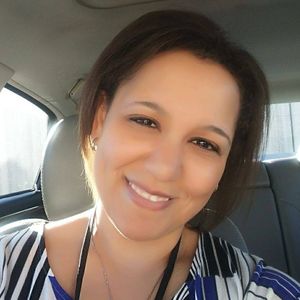
Amanda Tran, MPH Inel Ferrara
Geriatrics Fellowship Hematology & Medical Oncology
Program Administrator Fellowship Program Administrator
Follow us on Instagram!
@BUGeriatrics
@BMCHemOnc





